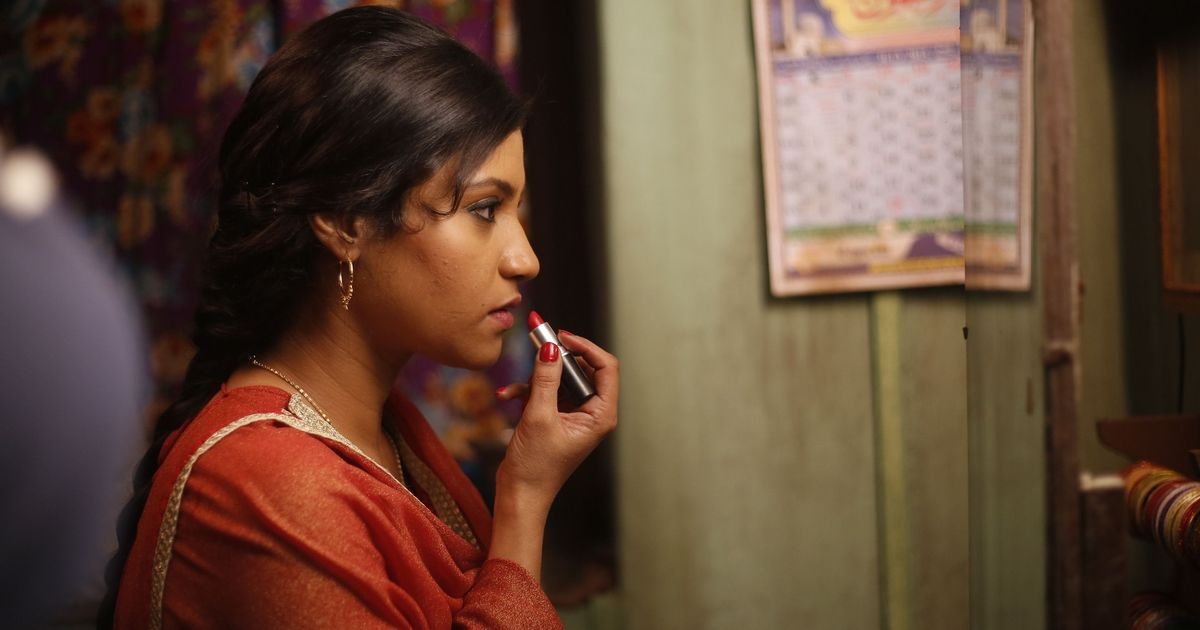It was a serene August morning. In the early days of the new semester, only a few outstation students had…
Login to Read!
This content is restricted to site members. If you are an existing user, please log in below. Or you can can create an account here.
